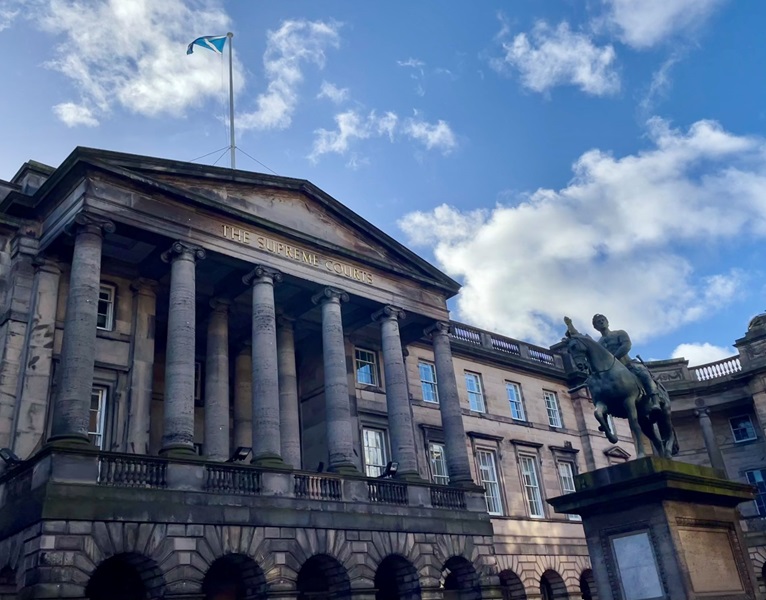The decisions made by all three of these divisions have the same authority. Cases in the Inner House normally have three judges sitting on the bench (apart from administrative and procedural hearings which can be heard by a single judge). Each judge has an equal vote in a decision with no casting vote by the Chair. If a case is particularly important, or raises a significant legal point, a bench of five judges or more can sit.
In addition to appeals (called reclaiming motions) from the Outer House, the Inner House hears a variety of appeals from: the Sheriff Appeal Court; the Scottish Land Court; the Court of the Lord Lyon; the Upper Tribunal and certain professional bodies such as the Nursing and Midwifery Council, the General Medical Council and the Law Society of Scotland. It can also hear special cases on questions of law; and applications for new civil jury trials where one of the parties is dissatisfied with the verdict of the first jury. Although primarily an appeal court, the Inner House can hear certain first instance cases such as petitions to the nobile officium, petitions in respect of solicitors and notaries public, and petitions to change a Trust. Only on certain grounds can decisions made by the Inner House be appealed to the UK Supreme Court, for example on grounds relating to human rights

